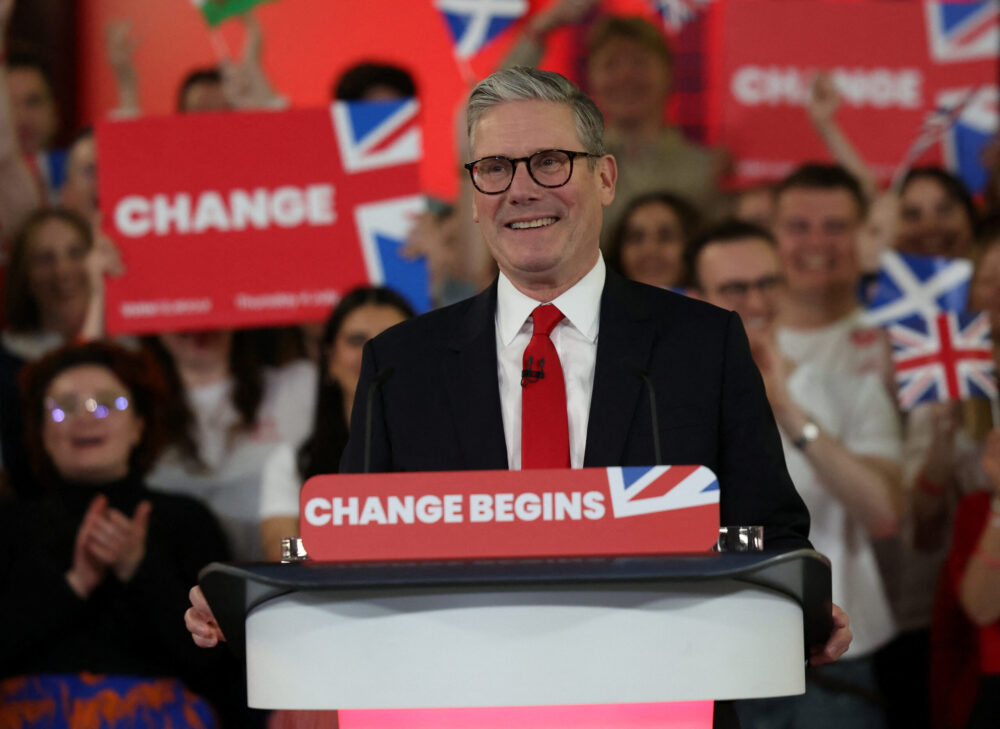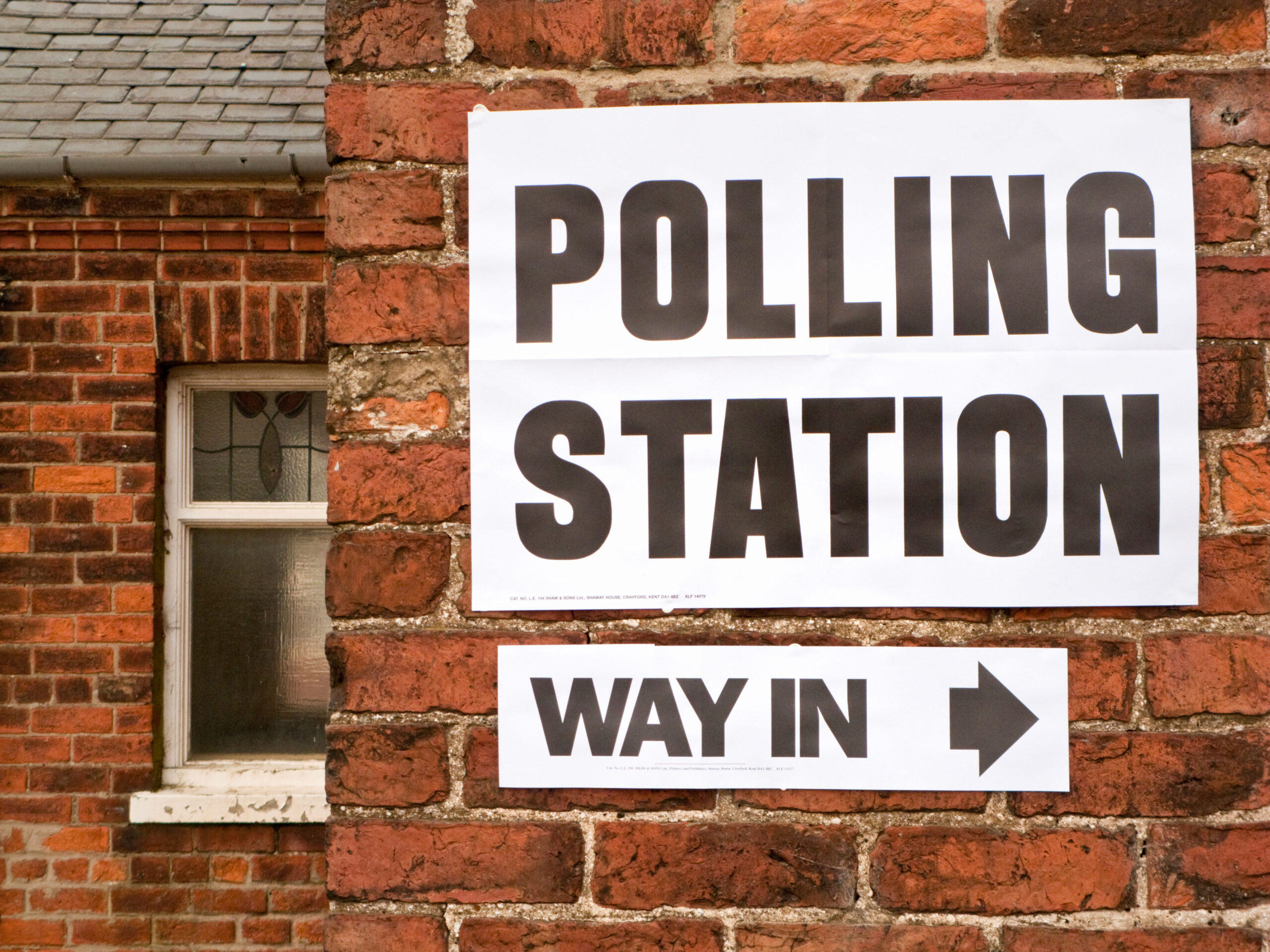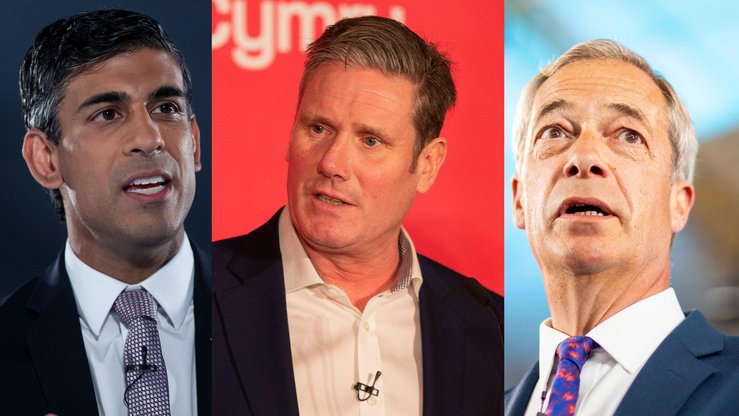
I saw in Thursday’s Telegraph that somebody had told David Cameron he “must force through gay marriage despite opposition”. I read on with interest, only to learn that the somebody in question was me. This was curious: I am sure I would remember having said a thing like that.
What I did remember saying was that in electoral terms, the question of gay marriage was more finely balanced than some had suggested.
Most of the debate has been about the rights and wrongs of the idea itself. As far as the politics is concerned, though, much of the comment has focused on the potential loss of some Conservative voters if Cameron’s proposals became law; it has usually concluded that the plan should be dropped in order to protect the party’s vote share. Since you cannot speak to one part of the electorate without speaking to all the other parts at the same time, I suspected it may not be as straightforward as that. And so it proved: while some people did say that they would be less likely to vote for a party that introduced gay marriage, many others, including potential converts to the Conservatives, were relaxed about the idea; some of these may think less of Cameron and the Tories for raising the idea and then abandoning it under pressure. The traffic would go both ways.
The reaction to my report was an interesting study on how research, and comment about research, can be selectively interpreted or misunderstood. Of course it is futile to complain about a newspaper making the most of a story, but that is all the more reason to look at what a poll says, not just what a paper says it says. This applies all the more when whoever is doing the reporting has a particular interest in the findings. Perhaps this was true of Pink News, whose headline “Most Tory voters are pro marriage equality” was, I am afraid, optimistic to the point of being misleading. In fact, current Conservative voters were rather more likely to say they were against the idea than that they were in favour of it (though most were not opposed, and only a minority of those who were said it might affect their vote).
According to the Independent, I told David Cameron to “defy the Tory right” over gay marriage. Leaving aside the question of whether I would be so impertinent as to “tell” the Prime Minister to do anything, one of the very first points I made in my piece was that the debate was not a matter of left versus right within the party. This was shown by the position of Boris Johnson, usually thought of as a hero of the right, who strongly supports the proposal.
I return finally to the Telegraph, which claimed I had argued that gay marriage should be forced through “because the issue ‘transcends politics’ and is ‘one of principle’.” This is close to being the opposite of what I actually said. The nature of the issue is such that many will feel its electoral implications are neither here nor there: MPs who think that should vote as they see fit.


